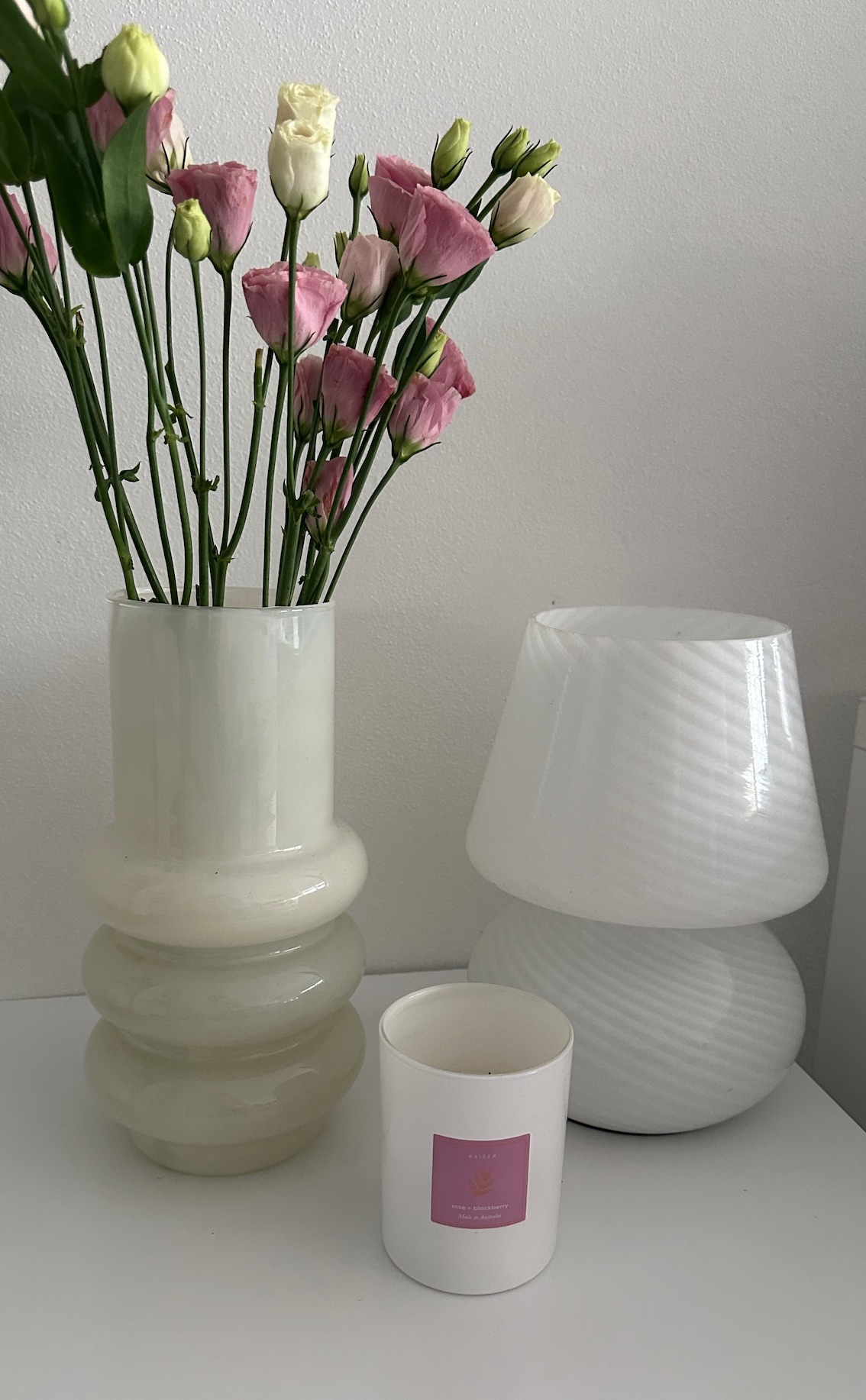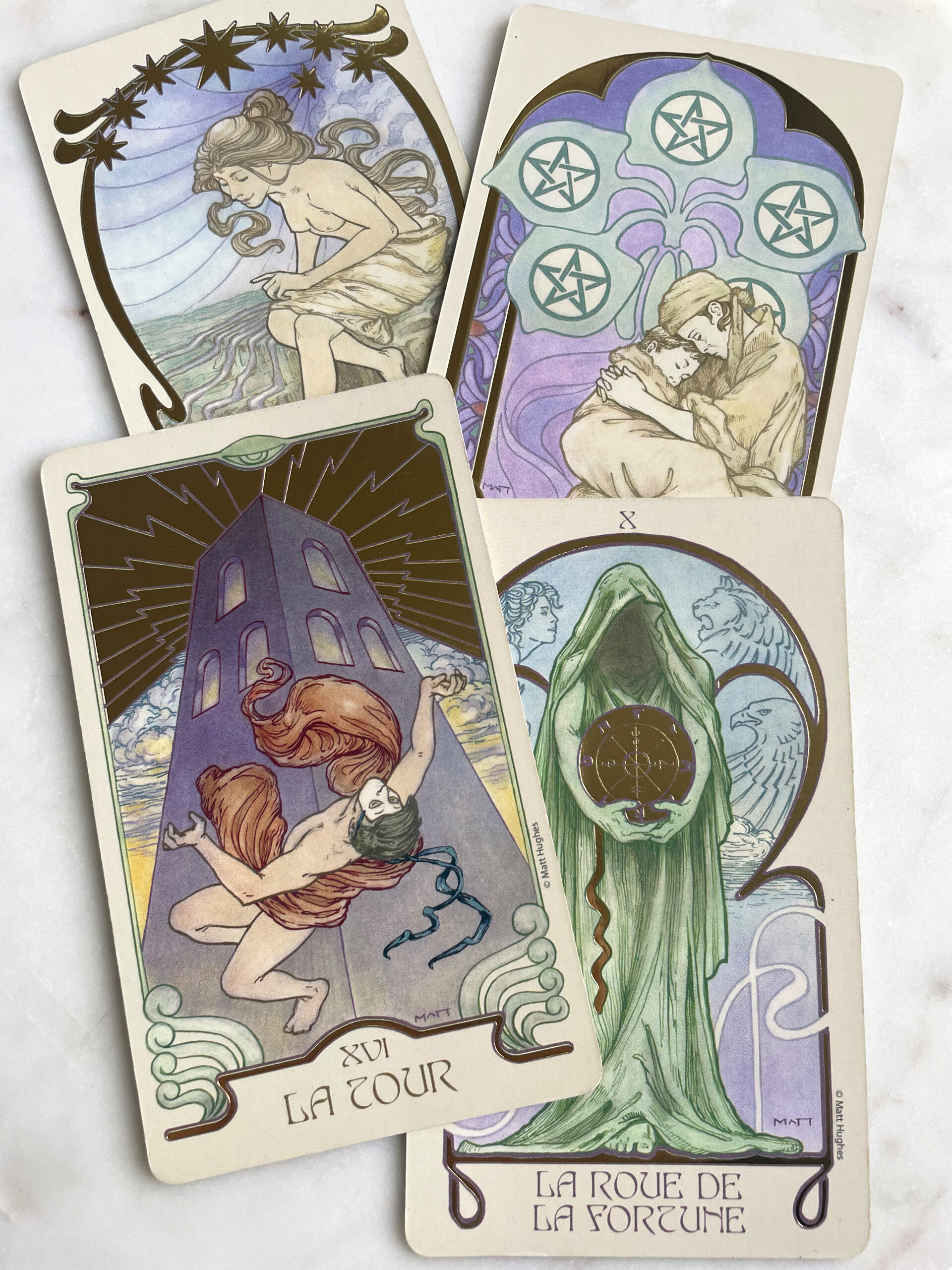Astrological compatibility, often referred to as “synastry,” offers a unique lens through which to view our interpersonal relationships. By examining how various planetary positions at our birth influence interactions, we can gain deeper insights into our connections with others.
Remember, though, astrology is not deterministic. It provides tendencies rather than strict predictions, and personal choice and accountability remain paramount in all relationships.
Personal Responsibility
Before diving deep into the technicalities of synastry, it’s vital to address a common misuse of astrology: blaming one’s zodiac sign for personal shortcomings or using someone’s astrological placements as an excuse for their behavior. Accountability in actions and in relationships is crucial, and one should not accept poor treatment justified by astrological explanations. Every individual has the capacity to grow and change, regardless of their astrological blueprint.
It’s a common trope to hear someone blame their zodiac sign for their actions — “I’m a Scorpio, that’s why I’m intense!” — or to use someone’s astrological placements to excuse their behavior — “They can’t help being distant, they have an Aquarius moon!” However, it’s crucial to hold ourselves and others accountable for our actions and not settle for less than what we deserve, astrological compatibility notwithstanding.
Synastry Beyond Sun Signs
Astrological compatibility encompasses much more than comparing Sun signs, the most commonly known zodiac element. A thorough compatibility analysis includes a variety of celestial influences, which provide a fuller picture of potential relationship dynamics.
While most people know their Sun sign, astrological compatibility involves much more than this single aspect. To truly understand potential dynamics in relationships, it’s helpful to consider other planetary placements such as the Moon, Venus, and Mars.
Moon Sign Compatibility
The Moon in astrology reflects our deepest emotional needs, instincts, and our inner self. Understanding your Moon sign, as well as that of your friends or potential partners, can offer profound insights into how you connect emotionally.
Elemental Compatibility
Traditionally, compatibility among the elements suggests that Fire (Aries, Leo, Sagittarius) and Air (Gemini, Libra, Aquarius), as well as Earth (Taurus, Virgo, Capricorn) and Water (Cancer, Scorpio, Pisces) signs harmonize well. These elemental groups generally share complementary qualities, like the outward-focused energy of Fire and Air, or the inward-focused, nurturing nature of Earth and Water.
However, it’s essential to view these guidelines as just that — guidelines. Emotional compatibility goes beyond mere elemental alignment, influenced by aspects, house placements, and individual experiences.
Venus and Romantic Compatibility
Venus, the planet of love and beauty, plays a significant role in determining how we express affection and appreciate beauty in our lives. Understanding the Venus signs can add another layer to understanding romantic dynamics.
If someone’s Venus sign aligns with your Sun sign or vice versa, it often sparks a strong mutual attraction and understanding. This alignment highlights a natural ease in appreciating and valuing each other’s core characteristics.
Mars: The Planet of Passion and Conflict
Mars governs our assertiveness, sexual energy, and how we deal with conflict. Mars placements in your chart compared to another’s can reveal how you might interact in times of disagreement and in your physical expressions of love.
Mercury: Communication in Relationships
Mercury’s placement in the astrological chart deals with communication styles and how we think and exchange information. Comparing Mercury signs can reveal how well two people will understand each other and communicate effectively.
Similar or complementary Mercury signs can ease communication, while differing signs may require both parties to consciously work toward understanding each other’s communicative approach
Ascendant and First Impressions
The Ascendant, or rising sign, influences first impressions and outward styles of interaction. Comparing Ascendant signs can provide insights into the initial layers of attraction and the social dynamics of the relationship.
While elemental and planetary compatibility can be revealing, astrological tensions can also enrich a relationship. These challenges often encourage growth and adaptation, leading to a more dynamic and resilient bond.
Ultimately, the role of astrology in relationships is to serve as a tool for deeper understanding and empathy. It provides a framework for exploring interpersonal dynamics but should be used wisely and ethically, without reducing individuals to stereotypes based on their astrological charts.















